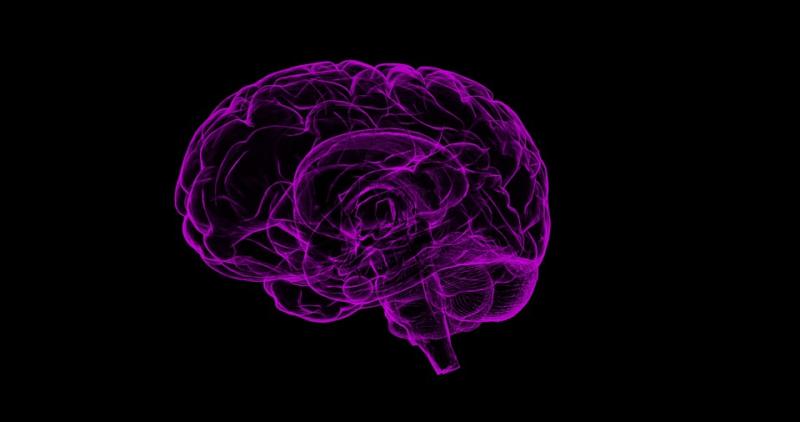Researchers at the University of California San Francisco have been working with machine-learning technologies to help detect and diagnose Alzheimer’s disease nearly six years early.
According to an Alzheimer’s Association annual report, Alzheimer’s is the sixth leading cause of death in the United States. Older African-Americans are about twice as likely to have Alzheimer’s or other dementias as older whites.
“One of the difficulties with Alzheimer’s disease is that by the time all the clinical symptoms manifest and we can make a definitive diagnosis, too many neurons have died, making it essentially irreversible,” Jae Ho Sohn, MD, MS, a resident in the Department of Radiology and Biomedical Imaging at UC San Francisco, said in a post.
Sohn began using artificial intelligence with neuroimaging to predict the disease in patients who showed early signs of memory loss. PET scan images from the Alzheimer’s Disease Neuroimaging Initiative (ADNI), which included images from patients who had Alzheimer’s, cognitive impairment or no disease, were fed into an algorithm that eventually began to learn how to detect Alzheimer’s.
Traditionally, radiologists use PET scans to look for specific proteins and glucose levels associated with Alzheimer’s; however, the changes are gradual and hard to spot.
“Human radiologists are really strong at identifying tiny focal findings like a brain tumor, but we struggle at detecting more slow, global changes,” Sohn said in the post. “Given the strength of deep learning in this type of application, especially compared to humans, it seemed like a natural application.”
According to another study published in the JAMA Neurology Journal on Monday by researchers at Washington University, African-Americans may develop Alzheimer’s differently from their white counterparts because of contrasting levels of tau protein in spinal fluid.
Lisa Barnes, a cognitive neuropsychologist at the Rush Alzheimer’s Disease Center in Chicago, told NPR that the study has its limitations because it does not account for known Alzheimer’s risk factors like hypertension, diabetes, and obesity.
Combined, the UC San Francisco and Washington University findings are helping highlight a disease that is increasingly impacting the United States. As Americans continue to get older, Alzheimer’s and other dementias will begin to impact more people.

